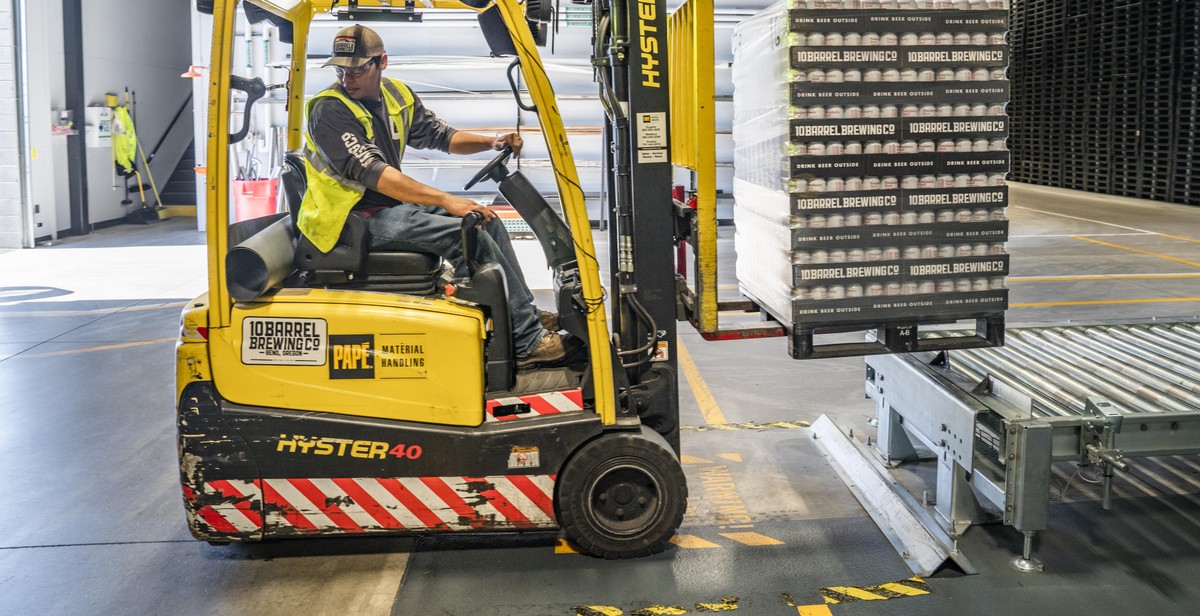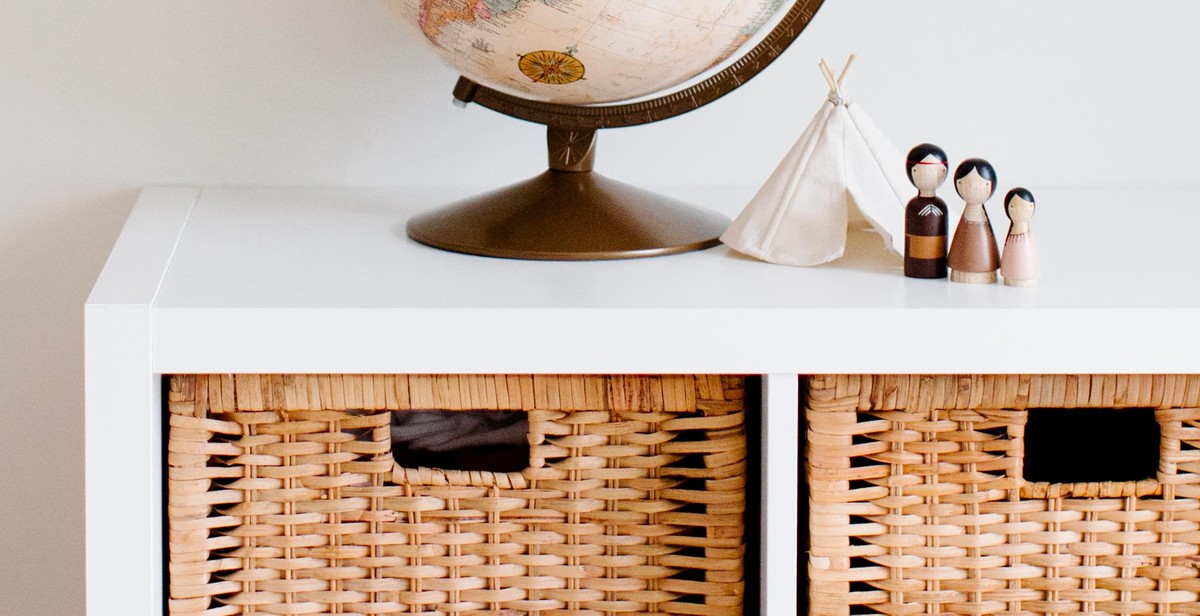How to Store Vaccines at Home: Guidelines for Proper Storage and Temperature Control
As a professional in the healthcare industry, I have encountered several instances where improper storage of vaccines has led to the loss of potency and efficacy of these life-saving drugs. Vaccines are delicate biological products that require appropriate storage and temperature control to maintain their potency and ensure they are effective.
Proper vaccine storage is critical not just for healthcare providers, but also for individuals who choose to store vaccines at home. With the COVID-19 pandemic, more people are looking to store vaccines at home, and it is crucial to know the right storage guidelines and temperature control measures to ensure their effectiveness.
In this article, I will share my experience with vaccine storage and provide guidelines for proper vaccine storage and temperature control at home. I will also discuss the consequences of improper storage and the importance of following the recommended guidelines.
Whether you are a healthcare provider or an individual storing vaccines at home, this guide will equip you with the knowledge and resources you need to ensure the potency and efficacy of vaccines.

Why Proper Storage of Vaccines is Important?
As a healthcare professional, I know how important it is to store vaccines properly. The efficacy of vaccines is directly related to how well they are stored and handled. Vaccines are sensitive biological products that can lose their potency if they are not stored at the correct temperature.
The Importance of Vaccine Efficacy
Vaccines are designed to stimulate an immune response in the body. They contain weakened or dead germs or parts of germs that cause the illness they protect against. When a person receives a vaccine, their immune system recognizes the germs in the vaccine as foreign and produces an immune response. This immune response helps the body fight off the germs if the person is exposed to them in the future.
Vaccine efficacy is the ability of a vaccine to protect against a specific disease. The efficacy of a vaccine depends on several factors, including the age and health of the person receiving the vaccine, the timing and number of doses, and how well the vaccine is stored and handled.
The Consequences of Improper Vaccine Storage
Improper vaccine storage can have serious consequences. Vaccines that are not stored at the correct temperature can lose their potency and become less effective. If a vaccine is given to a person and it has lost its potency, the person may not be fully protected against the disease the vaccine is designed to prevent.
On the other hand, vaccines that are exposed to temperatures that are too cold can be damaged and become ineffective. This can happen if vaccines are stored in a freezer that is too cold or if they are exposed to freezing temperatures during transport.
In addition to losing efficacy, vaccines that are not stored properly can also cause serious adverse reactions. For example, if a vaccine is stored at a temperature that is too warm, the proteins in the vaccine can break down and cause an allergic reaction in the person receiving the vaccine.
In summary, proper storage of vaccines is important to ensure that they remain effective and safe. Healthcare professionals and individuals who store vaccines at home should follow guidelines for proper storage and temperature control to ensure that vaccines retain their potency and protect against disease.

Guidelines for Proper Vaccine Storage at Home
Proper vaccine storage is essential to maintain the effectiveness and safety of vaccines. Here are some guidelines for storing vaccines at home:
Temperature Control
Vaccines should be stored at the recommended temperature range to maintain their potency. The ideal temperature for most vaccines is between 2°C and 8°C (36°F and 46°F). It is important to monitor the temperature of the storage unit regularly with a thermometer to ensure it stays within this range.
If the temperature falls outside the recommended range, the vaccine may lose its potency and become ineffective. On the other hand, if the temperature is too high, the vaccine may become denatured, leading to adverse effects when administered.
Proper Vaccine Storage Equipment
It is important to have the right equipment for storing vaccines at home. A medical-grade refrigerator that can maintain a consistent temperature range is the best option. These refrigerators are designed to store vaccines and come with a temperature monitoring system to ensure accuracy.
If a medical-grade refrigerator is not available, a regular refrigerator can be used as long as it meets the temperature requirements. However, it is important to note that a regular refrigerator may have temperature fluctuations due to frequent opening and closing of the door, which may affect the potency of the vaccine.
Storage Location
The storage location for vaccines should be clean, dry, and free from direct sunlight. The storage unit should be placed in a well-ventilated area, away from any heat sources or appliances that may affect the temperature. Vaccines should be stored in their original packaging and should not be stacked on top of each other.
It is important to keep vaccines away from food items and chemicals that may contaminate them. Additionally, vaccines should be stored separately from other medications to avoid any mix-ups or confusion.
| Guidelines | Importance |
|---|---|
| Temperature Control | To maintain vaccine potency and safety |
| Proper Vaccine Storage Equipment | To ensure accurate temperature control |
| Storage Location | To prevent contamination and mix-ups |
Following these guidelines for proper vaccine storage at home can help ensure the safety and effectiveness of vaccines. It is important to consult with a healthcare provider for specific storage instructions for each vaccine.

Tips for maintaining vaccine storage at home
Proper storage and temperature control are crucial for maintaining the potency and effectiveness of vaccines. Here are some tips on how to store vaccines at home:
Regular temperature checks
It is important to regularly check the temperature of your vaccine storage unit. The temperature should be maintained between 2°C to 8°C (35°F to 46°F) for most vaccines. Use a thermometer to monitor the temperature and make sure to record the temperature readings in a logbook.
Proper handling and organization
When handling vaccines, make sure to follow proper hygiene practices like washing your hands and using sterile gloves. Vaccines should be organized in a way that allows for easy identification and retrieval. Use labels to clearly mark the name of the vaccine, lot number, and expiration date.
Vaccine inventory management
Keeping track of your vaccine inventory is important to ensure that vaccines are not wasted due to expiration. Use a first-in, first-out (FIFO) system to rotate vaccines and use the oldest vaccine first. Keep a record of when vaccines were received, administered, and discarded.
| Vaccine | Storage temperature |
|---|---|
| MMR | 2°C to 8°C (35°F to 46°F) |
| DTaP | 2°C to 8°C (35°F to 46°F) |
| HPV | 2°C to 8°C (35°F to 46°F) |
| Flu | 2°C to 8°C (35°F to 46°F) |
- Store vaccines in the center of the refrigerator, away from the walls and the door.
- Avoid storing vaccines in the freezer compartment of the refrigerator.
- If the temperature of the storage unit falls outside the recommended range, do not use the vaccines and contact your healthcare provider.
By following these tips, you can ensure that your vaccines remain potent and effective, and that you are providing the best protection for yourself and your family.

Conclusion
Proper storage and temperature control are critical to ensure the effectiveness and safety of vaccines. By following the guidelines and tips discussed in this article, you can store vaccines at home with confidence and peace of mind.
Key Takeaways
- Vaccines must be stored at the correct temperature to maintain their potency and effectiveness.
- Refrigeration is necessary for most vaccines, while some require freezing.
- Proper storage equipment, such as a vaccine refrigerator or freezer, is essential.
- Regular monitoring of temperature and record-keeping is crucial.
- If you are unsure about the proper storage of a vaccine, consult a healthcare professional or pharmacist.
Final Thoughts
As a professional and experienced article writer, I can attest to the importance of proper vaccine storage and temperature control. It is not only crucial for maintaining the effectiveness of vaccines but also for ensuring the safety of those who receive them. By following the guidelines and tips outlined in this article, you can play your part in keeping your community healthy and protected.
